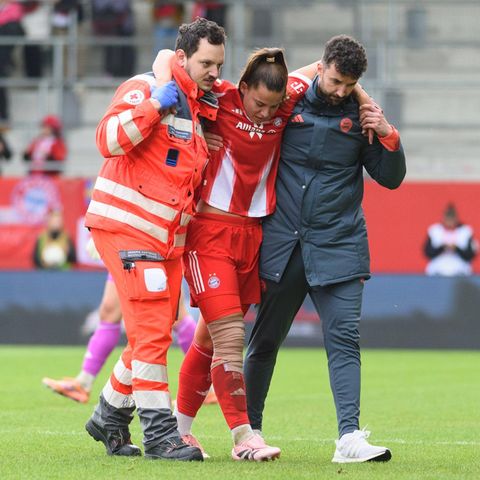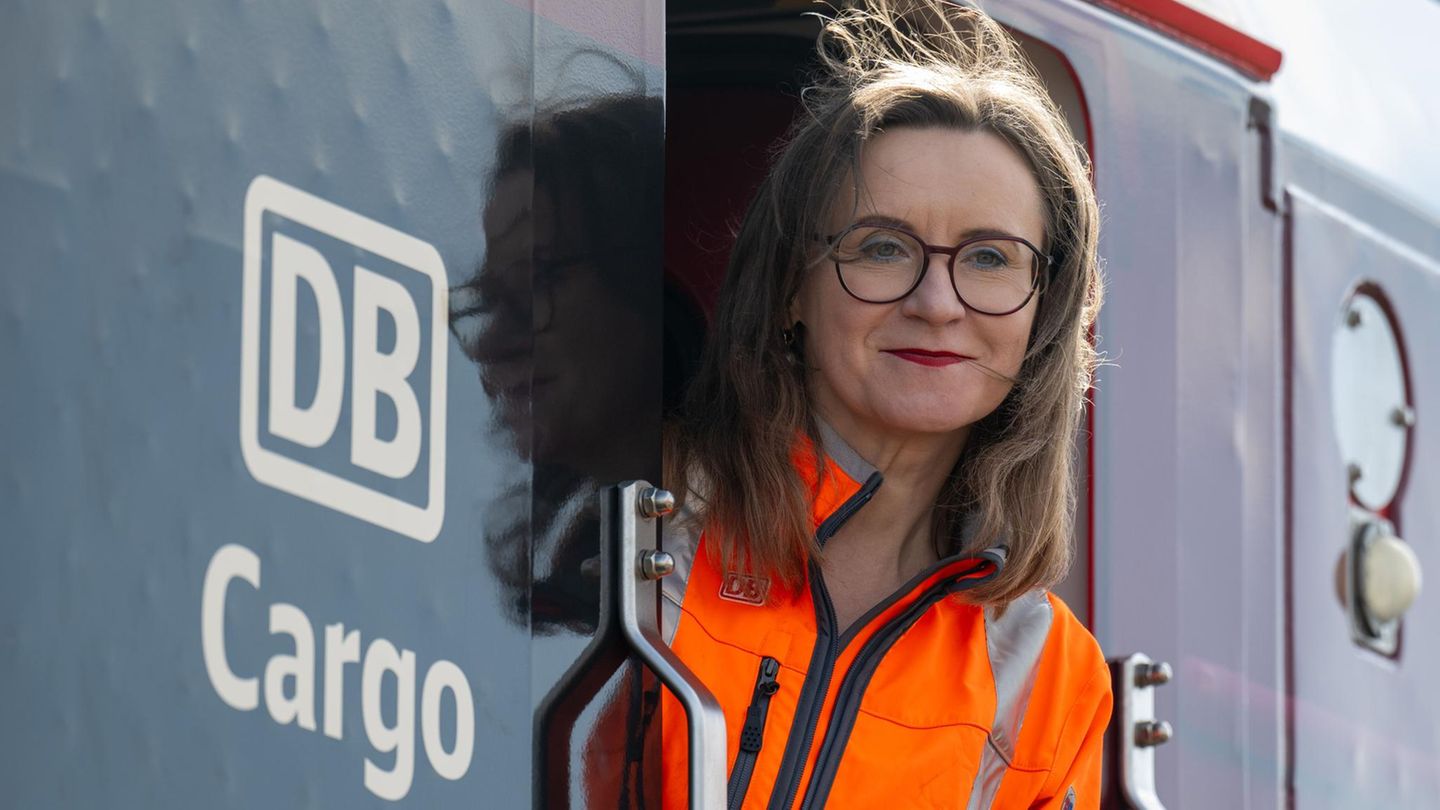Image: VOLKER Weihbold
The wolf – an emotional topic and at the same time a heated debate with a lot of potential for conflict. Fear for safety, concern for grazing livestock and the goal of continuing to conserve and protect biodiversity play an essential role in this. In recent years, farmers with grazing livestock in particular have faced challenges in dealing with the increasing number of wolves in terms of herd protection.
“The problem is that you get a lot of advice on livestock protection. However, one does not really feel supported and understood – also by politicians”, said yesterday at an online press event in Vienna, farmer Alexander Elpons, who manages pastures with around 400 stone sheep in southern Burgenland. His principle: traditional grazing to protect biodiversity. The fields are surrounded by an electric fence, Elpons does not own a livestock guardian dog.
“I believe that the fence is a good tool to deter wolves, since they perceive the fence as an obstacle”, says the farmer from Burgenland. The situation is similar when golden jackals attack, which are also up to mischief in the area.
grants in planning
But for a suitable electric fence for the pastures or for herd dogs, funding is required, “the workload and the additional financial expense are impossible. You can’t pay for everything out of your own pocket”, says Elpons. Subsidies for livestock protection measures – such as investments in retrofitting or new fences, support for the purchase of livestock protection dogs or increased care costs by shepherds – have so far only been available in Salzburg, Vorarlberg, Tyrol and Lower Austria. Now the state of Upper Austria is also planning to promote these measures and support farmers in this way. Details on the funding will be presented tomorrow, Friday.
Slaying is not a solution
Shepherd Celia Martinez Aragon had to experience for herself that particularly unprotected animals can quickly become the target of wolf attacks.
“Especially in such situations, it is important to have livestock guardian dogs that will stay with the large herd to minimize damage”says the native of northern Spain.
According to wildlife biologist Felix Knauer from the University of Veterinary Medicine in Vienna, there is no danger to humans: “The last fatal wolf attack in Europe was reported in Spain in 1974.”
In addition to the protective measures, the wildlife biologist points to intensive monitoring and rapid official decisions if there are interactions between wolves and humans. “The important thing is: never feed a wolf so that it cannot get used to people.” According to Knauer, killing a wolf is not a long-term solution: “Another one will come soon.” (cape)
Source: Nachrichten




